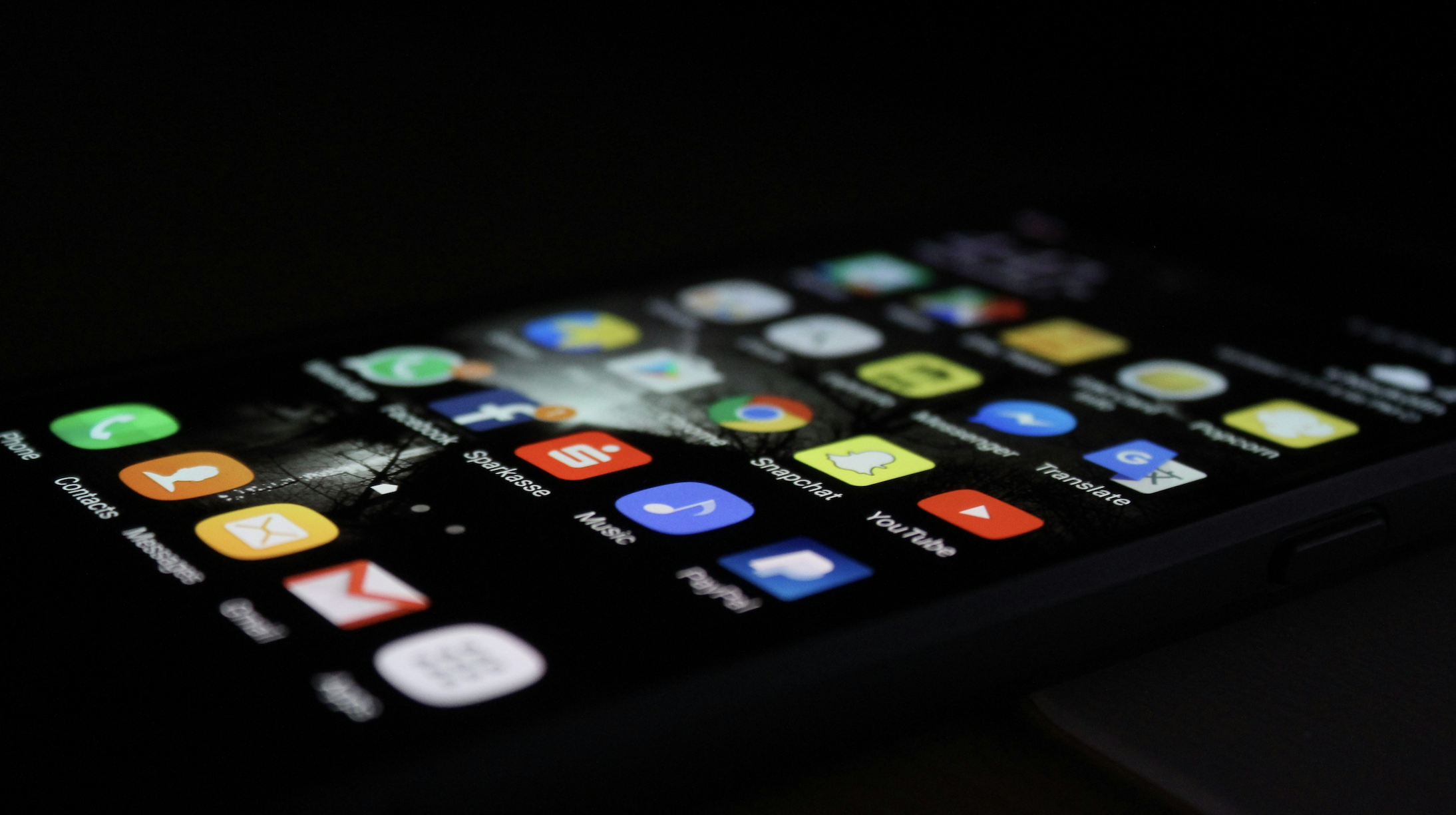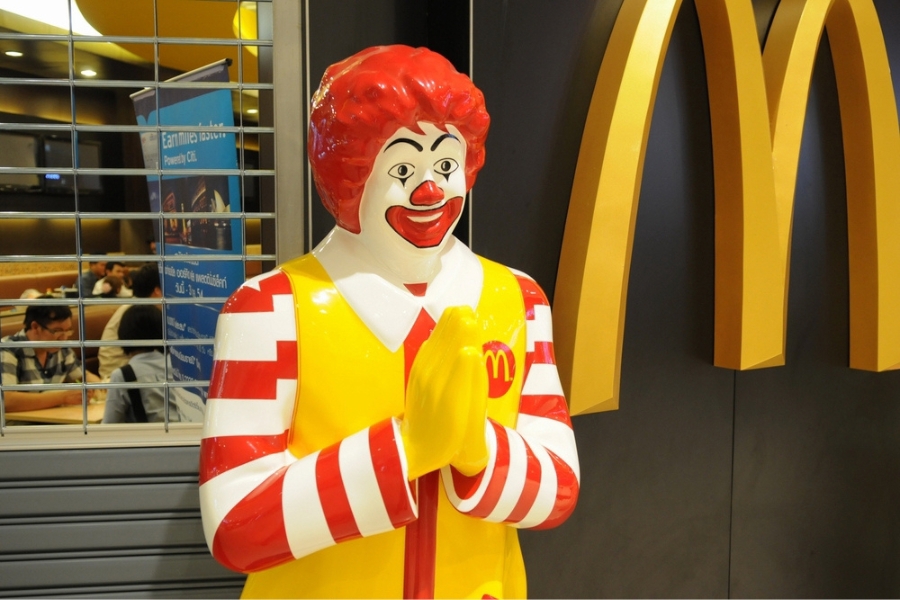Author Thomas Baekdal would have never imagined that he would cook up a global storm when he pointed out the difference in the burger emojis offered by apple and google.
As Google's CEO Sundar Pichai responded, the fight spread far and wide.
Soon the fight turned bitter (or rather, twitter) and spilled over to the fast food giants in far flung India. Campaign India gives a blow by blow account of how the fight is panning out between KFC (who started the war), McDonald's and Burger King.
McDonald's India followed suit with a version of its own.
KFC India lost no time in taking a potshot at its rival.
KFC had to respond in this manner.
Meanwhile, Burger King who was watching all this from a distance decided to wade in with its digital agency, Foxymoron.
Watch this space for more.












